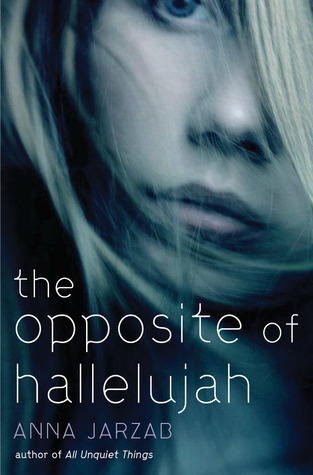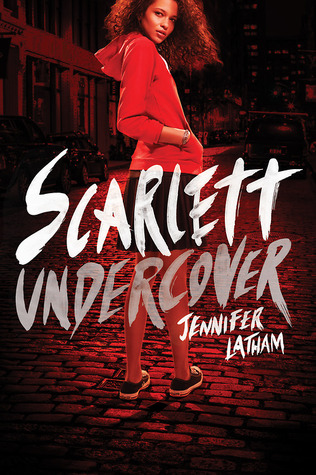Welcome to our new Reading Widely series here on the MLC
blog!
I’m Ally, a Library Consultant here at the Library Commission, and I'll be writing this series. It'll focus on topics, characters, and perspectives that
maybe don’t get as much attention but that patrons need to see in their
libraries.
Recently, I did a presentation with librarian Karen Jensen
of Teen Librarian Toolbox about a year-long project we coordinated focusing on Faith
and Spirituality in Young Adult Literature. You can read the recap of the
program here.
Our entire project hub can be found here.
Libraries work to fill the needs of religiously diverse
communities, so here are a few YA titles about religious communities that may be
underrepresented in library collections.
Hinduism
Born Confused by Tanuja Desai Hidier
Dimple Lala doesn't know what to think. She’s 17 years old and she’s spent her whole life side-eyeing her strict parents’ rules and traditions. She’s super startled when her parents arrange for her to meet a “suitable boy.” It doesn’t go well. Until she meets him in another context. And then it’s maybe his unsuitability that makes him suitable?
Catholicism
The Opposite of Hallelujah by Anna Jarzab
 |
| Source: Goodreads |
Caro’s much older sister left home when she was eight, and she hasn’t seen Hannah in years. But suddenly she’s back, and Caro’s life is completely changed. Why did Hannah even go away and why is she back now? Distressed by the changes and secrets in her life, Caro resorts to lying to friends and her new boyfriend and the consequences confuse her even further. This book also features Caro’s very healthy and important relationship with her priest, and her spiritual and familial growth.
Islam
Scarlett Undercover by Jennifer Latham
 |
| Source: Goodreads |
Scarlett is a sarcastic, kick-butt, Veronica-Mars style private detective. She’s also 17 and Muslim. Her newest case gets her caught up in magic, ancient curses, genies, and the mysteries of why people in her town are acting so weird.
Representation is important, especially in books for children and teenagers. It’s important for people to see themselves in the media they consume, and it’s important for other readers to learn empathy by seeing people different from them.
Happy reading!


No comments:
Post a Comment